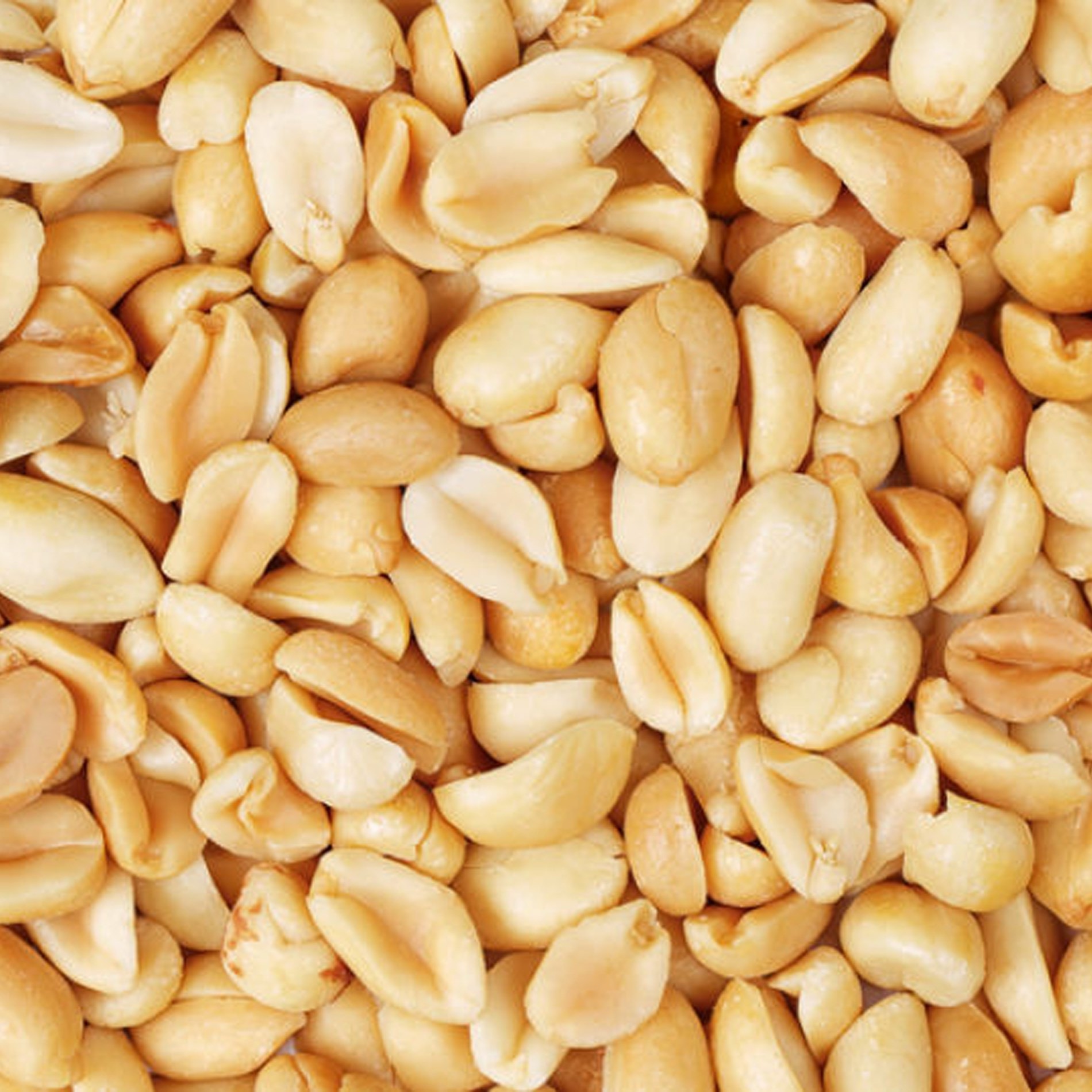B. lactis Bl-04® May Reduce Cold Symptoms
There is no cure for the common cold, as the old adage goes, and so every winter we endure a seasonal bout of illnesses which we clumsily spread amongst each other. However, new research from the University Of Virginia School Of Medicine, reveals that the probiotic strain Bifidobacterium lactis Bl-04® may help to reduce the symptoms of a cold infection. Learn more on this topic by reading Probiotics: The 2020 way to support immunity on the Probiotics Learning Lab.
The common cold, or upper respiratory tract infections (URTIs) as they’re medically defined, are caused by viral infections of which there are 200 known types. These include, but are not limited to; rhinoviruses, coronaviruses, coxsackieviruses, and adenoviruses. These viruses are quick to reproduce and stick to the adenoids in the back of your throat, where they rupture from the cells and spread to the rest of the upper respiratory tract. The spread of the viral infection within the body causes the all too familiar symptoms of sneezing, a runny nose, sore throat, and nasal congestion.
Viruses are much smaller than bacteria and must replicate within other cells, such as the cells that line the inside of your nose. Upper respiratory tract infections are almost always caused by a viral infection and this is why antibiotics, which are only effective against bacteria, are rendered completely useless against the common cold. The incredible multitude of viruses which cause colds means it is almost impossible to create a “cure” or vaccine to combat the infections.

Whilst modern medicine cannot create a single cure, there are a number of ways in which we can treat the symptoms of a cold. For example, new research has found that probiotics may be helpful in reducing the symptoms of URTIs caused by rhinovirus. Learn more about probiotics by reading: What are Probiotics? on the Probiotics Learning Lab. The study, from the University Of Virginia School Of Medicine, suggests that Bifidobacterium lactis Bl-04® can modify the inflammatory response in the nose, following rhinovirus infection.
The team at the University Of Virginia studied a total of 115 subjects, conducted in three cohorts in 2013. The study was conducted as a randomised, double-blind, placebo controlled clinical trial. For 28 days prior to the study, all participants were monitored to ensure that they were healthy before the study commenced. The participants were split into two groups and were supplemented daily with either the probiotic (B. lactis Bl-04®), or placebo. All participants were infected with rhinovirus on day zero of the study, and were monitored daily thereafter.
As previously mentioned, the scientists found that the probiotic group exhibited lower nasal inflammation than the placebo group. However, this was isolated to the nasal passage, and inflammation was unaffected in the lower respiratory tract.
“Our study suggests that ingestion of Bl-04® may modulate innate host responses in the nose and may impact virus replication in humans.”
The team concluded that their study warranted further investigation into the potential for prevention of viral respiratory infection by probiotic supplementation. The team also highlighted the potential of intranasal administration of Bl-04® to enhance the effects observed in their findings.
Other studies have also revealed that B. lactis Bl-04 may significantly reduce the occurrence of URTIs3.
A 2013 randomised double-blind placebo-controlled trial has reported the potential benefits of Bifidobacterium lactis Bl-04® supplementation, which is associated with a significant 27% reduction in the risk of any Upper Respiratory Tract Infection (URTI) compared to a placebo2.
Upper respiratory tract infections (URTIs), also known as the common cold, plague many of us each year; generally adults will suffer from two to three colds per year, whereas young children will experience as many as four or five per year.
The study involved 465 participants, comprised of 241 males and 224 females. They were divided into three groups, and two groups were requested to take different combinations of live cultures as a probiotic supplement. One group took a single strain ofBidifobacterium lactis Bl-04® bacteria, the second group took a combination of Lactobacillus acidophilus NCFM® and Bifidobacterium lactis Bi-07® and the third group took a placebo supplement. The results of this study are very clear in demonstrating that the risk of an upper respiratory illness was markedly lower in the Bl-04 group. In the group taking the Bl-04 strain of bacteria, the risk of contracting a URTI was reduced by a very impressive 27%.
You may be interested to learn that you can find Bifidobacterium lactis Bl-04® in our Probiotics Database for more information.
Enjoy this blog? Try: New study supports use of certain probiotic strains for bacterial vaginosis
Or head over to the Probiotics Learning Lab to read:
More research links the microbiome to emotional health
BBC documentary discusses how gut bacteria may affect our sleep
References
- Turner, R.B. et al. (2017) Effect of probiotic on innate inflammatory response and viral shedding in experimental rhinovirus infection - a randomised controlled trial. Beneficial Microbes,8(2): 207-215
- West NP,Horn PL, Pyne DB, Gebski VJ, Lahtinen SJ, Fricker PA, Cripps AW,Probiotic supplementation for respiratory and gastrointestinal illness symptoms in healthy physically active individuals, Clinical Nutrition (2013), doi: 10.1016/j.clnu.2013.10.002.
- Zhang, H. et al., (2021). Effect of fermented milk on upper respiratory tract infection in adults who lived in the haze area of Northern China: a randomized clinical trial. Pharmaceutical Biology, 59(1), 645–650.
Popular Articles
View all General Health articles-
General Health25 Sep 2023

